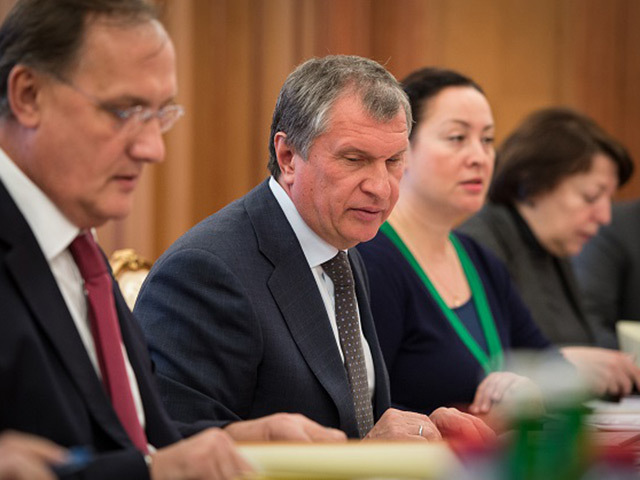
Russian energy giant Rosneft has seen production levels rise year on year despite sticking to its pact with Opec to reduce supply.
Russia and other global producers agreed to cut output by 1.8 million barrels per day until March 2018 in an attempt to reduce the glut.
But Rosneft saw increases in hydrocarbon, liquids and gas production, mainly due to new assets coming onstream.
Hydrocarbon and liquids had the biggest year on year increases, both of more than 10%.
Although up year on year it is a fall on production levels seen earlier this year.
The company put the change down to “limitations” for Russian producers in bed with Opec countries over supply cuts.
Prices also slipped from first quarter results, although revenues were up. Totals for the first six months of the year amounted to £35.6billion compared to the £28.9billion made in the same period last year.
Income before tax amounted to £1.5billion so far this year compared to last year’s half year £1.7billion.
Rosneft chief executive officer Igor Sechin said: “The global hydrocarbon market conditions remain unstable with high crude oil and oil product pricing volatility.
“In such conditions, the company keeps focusing on further operating efficiency improvement, including on the maximization of the existing assets synergy on the domestic and international markets.”
BP is Rosneft’s largest minority shareholder. It increased its stake in Rosneft to 19.75% in 2013 as part of a deal that saw the Russian firm buy TNK-BP, a joint venture between BP and a group of Ukrainian-born billionaires, for £36billion.
Recommended for you
